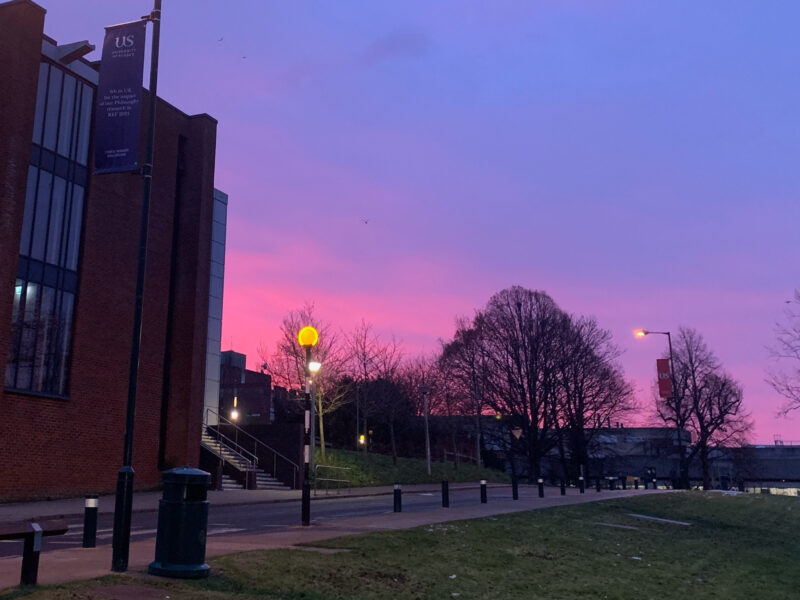When I was younger I had this foggy impression that adults had everything figured out. I was sure that my mom, my dad, my teachers and my babysitter knew everything there was to know about this planet, its inhabitants and how to handle all the unavoidable ups and downs that would inevitably arise. However, at that time I thought an up was getting an extra scoop of ice cream for dessert and a down was not getting a second bedtime story.
Now that I have moved through two streams of public education and am well on my way to becoming an adult in the numerical sense, I have been painfully slapped with the harsh reality that most adults have no idea what they’re doing.
I would like to start off by making it crystal clear that I deeply appreciate my education and I understand how fortunate I am to have the luxury of learning. I fully recognize that post-secondary education is almost a necessity in order to get a job, and education is valuable if you desire a highly regarded social position in life.
However, this is where my problem takes root. Life isn’t solely a job. Life, as far as I am concerned, is everything else. Yet sadly, everything else isn’t always adventures to waterfalls, driving with all the windows down on the highway, dancing to groovy music or running through meadows of daisies. More often than not, everything else is also taxes, insurance, mortgages, loans, budgeting, saving and renting.
Now, if you’re like most young adults making their way through the university education system, this list of “everything else” was likely rather terrifying. For some, the prospect of dealing with this inescapable list is what frightens them. However, for most, it is the fact that those words make absolutely, completely no sense whatsoever. If you’re reading this, feeling that slight panic beginning to set in, just know that you’re not alone.
When asked about their feelings towards their post-university life, many students had similar responses. “I am still so dependent on my parents,” said one student. “I can’t even book an appointment for myself. That’s something so simple, so how am I supposed to know how to pay my bills or do a mortgage or buy a car?”
All the students spoke with seemingly equal frustration when it came to the lack of education on “real world” topics. Said another student, “This [university] isn’t really helping, because all throughout high school we didn’t learn anything. My mom tried her best to teach me but that was about it. I am sure that most of the knowledge I’m going to get going out on my own is going to be from my parents, not through school.”
The whole point of university is to make you into a well-functioning, useful citizen. But how can you be when you don’t even know what insurance is or how to obtain it?
Universities are in place, first and foremost, to provide an in-depth education on certain areas of life, like law, business or science. But I often wonder if an education on real-world occurrences would be equal or even greater in value. Let’s face it: most of us will be walking out of here with some fancy paper in our hand and a boatload of student debt weighing on our back pockets. The least the universities could do is teach us how to successfully pay it off.
When you come out of these classes, these buildings, this town, the expectation is that you are a capable adult who will be able to manage the problems life throws your way. But how do you start a life when life skills have never been taught?
Imagine how well society would function if we taught our youth how to budget, pay taxes, follow politics, vote in elections, manage interest or even simply how to effectively save money. If citizens were instilled with these basic yet crucial skills, we would likely see a sharp increase in their overall quality of life or productivity. The adults would actually know how to be adults and no longer would people feel like they are wandering through a corn maze blindfolded.
There needs to be a push for schools of all types to teach people how to create a life. I’m quite sure I will leave this place with absolutely no clue what a mortgage is. But hey, at least I know how to cite a journal article in APA format!




